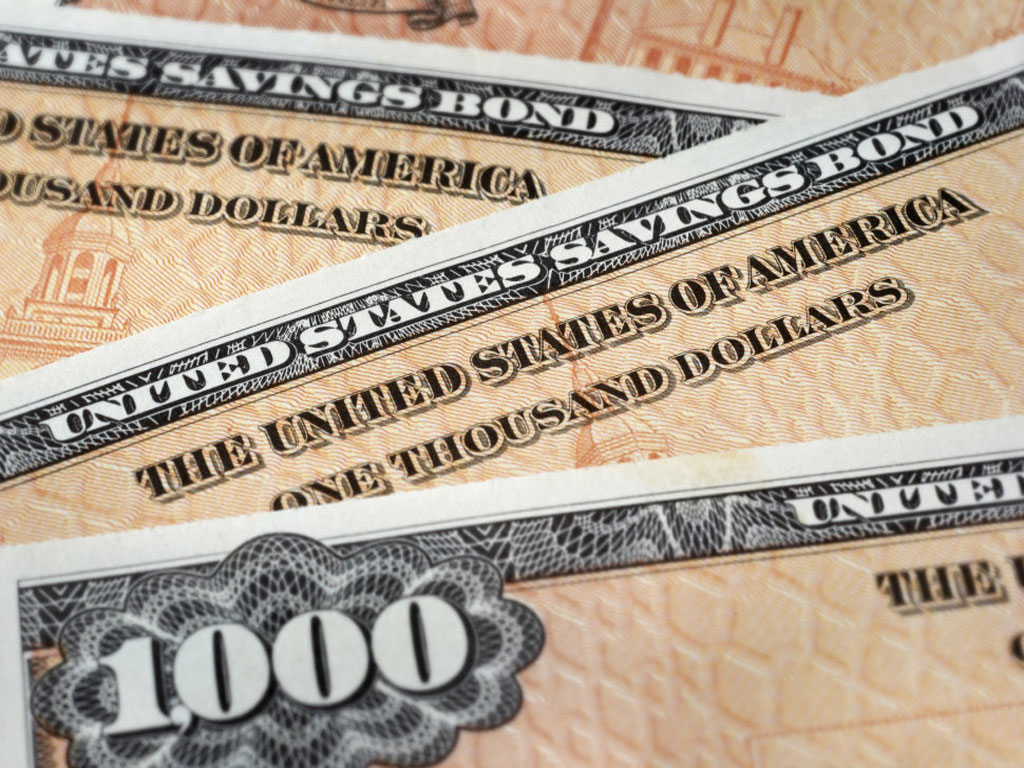Junk bond prices rally after Fed offers lifeline to riskier credits

Prices on US high-yield bond exchange-traded funds and individual junk-rated issues like Ford Motor Co and Occidental Petroleum Corp soared on Thursday after the Federal Reserve announced it would expand its corporate bond-buying program to include some speculative-grade debt.
The coronavirus crisis had clobbered corporate credit on concerns that companies would be unable to pay their bills as people stay at home to avoid spreading the virus. The United States has the world's highest number of confirmed cases of COVID-19 and the Fed has pledged a "whatever-it-takes" approach to keep credit flowing to businesses and households.
On Thursday, Fed Chair Jerome Powell said the central bank would continue to use all the tools at its disposal until the US economy begins to fully rebound.
Analysts were especially encouraged by news the Fed would support a broad range of junk debt by purchasing shares of exchange-traded funds (ETFs).
"The announcement today gave the credit markets an adrenaline shot. It can't stop companies from defaulting, but at least this helps high-yield companies manage borrowing costs while they fight to stay in business," said Matthew Miskin, co-chief investment strategist at John Hancock Investment Management.
The Fed's $2.3 trillion package includes a primary market facility that specifies that companies recently downgraded from investment grade to the first tier of junk - so-called fallen angels - will be eligible for the program.
That includes Ford, which saw its bond prices rally and its stock jump 11.3%. Occidental Petroleum, another recent fallen angel, also saw bond and share prices rally, with the stock up 7.3% after rising nearly 15% during the session.
"The Fed will buy riskier debt and that should keep this V-shaped rebound going a little longer," wrote Edward Moya, senior market analyst and forex trader at OANDA. "Solvency pressure on smaller businesses has been somewhat alleviated now that the Fed signaled they will buy some junk-rated corporate debt."
Analysts at Citi said that while it was widely expected the Fed might help fallen angels, "it was not assured and should be a reassuring sign for these markets."
Of greater significance, some investors said, was the Fed's secondary market facility which will buy eligible high-yield exchange-traded funds.
"The high-yield exchange-traded fund buying endeavor is a bigger deal than the inclusion of fallen angels," said Tom Graff, head of fixed income and portfolio manager at Brown Advisory.
"Fallen angels are a narrow set of companies. If the Fed buying high-yield ETFs puts a floor on the price... that's a big deal," said Graff.
The high-yield ETF news sent prices of the iShares iBoxx High Yield Corporate Bond Fund and the SPDR Bloomberg Barclays High Yield Bond ETF both up more than 6%. Equities also got a boost, with the S&P 500 index up around 2%.
Buying high-yield ETFs allows the Fed to support the junk-rated market without picking winners or losers, said Andy Brenner, head of international fixed income at National Alliance.
"To buy single-name issues I think (the Fed) would have to have credit research and they don't have that," said Brenner. "I think their view is that high yield ETFs are more liquid, safer and they would not affect specific names as much."
Both primary and secondary market facilities will help the industries that have been hit hardest by the coronavirus: energy, travel and leisure among them.
Bonds recording the biggest upwards moves in price on Thursday included those of Halliburton Co, the oil services company on the brink of a downgrade into junk territory; of recently downgraded Ford, with three of the 10 biggest movers; and bonds of junk-rated energy companies including Range Resources and Continental Resources, according to MarketAxess data.
The primary facility can purchase corporate bonds that have a maturity of four years or less of companies that have been rated at least BBB-/Baa3 as of March 22, or if it were subsequently downgraded, at least BB-/Ba3 at the time the facility makes a purchase, the Fed said. Its secondary facility can buy bonds of companies that have a maturity of five years or less and are rated at least BBB-/Baa3 as of March 22, or if downgraded, must be at least BB-/Ba3.
Analysts at Bank of America said in a research note that more than 160 US companies have announced over $100 billion credit line drawdowns over the past few weeks, including 72 investment grade-rated names, of which 15 issued corporate bonds shortly thereafter.
"As the world economy enters the deleveraging phase of the recession, credit will emerge as a favored asset class for investors wishing to position for an eventual recovery," wrote Oxford Economics Director of Macro Strategy Gaurav Saroliya.























Comments
Comments are closed.